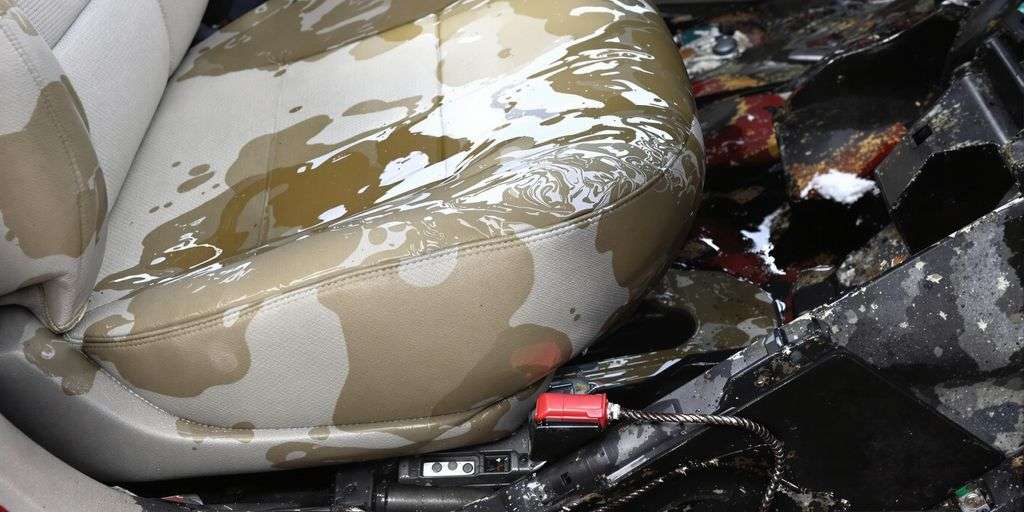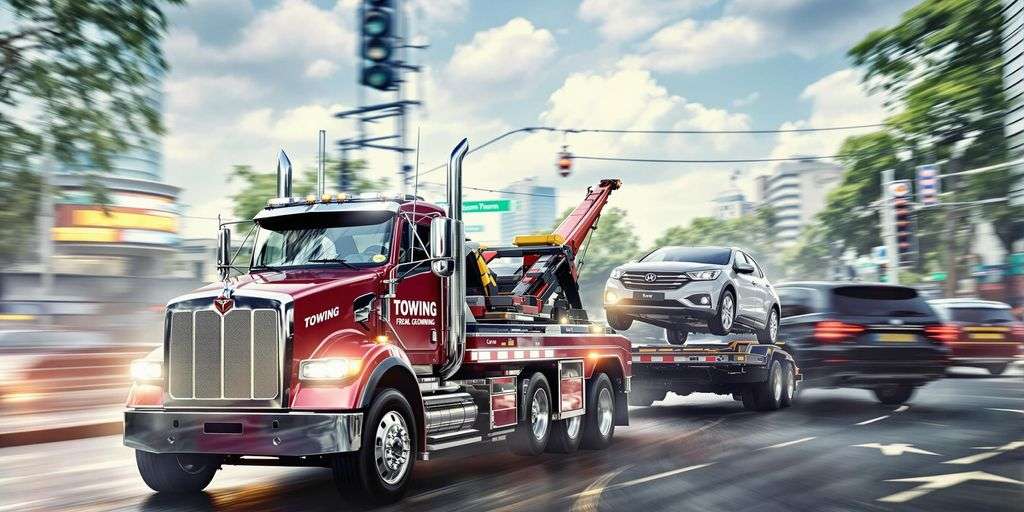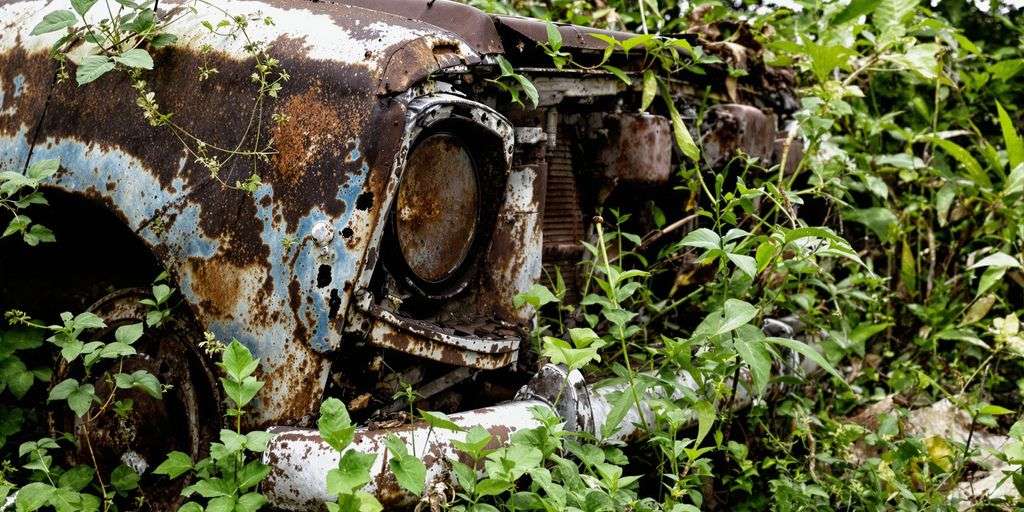
We guarantee the best price for your used car period. No one beats our offer!

We pickup your car for free and handle all the documentation for you

We guarantee the best price for your used car period. No one beats our offer!

We guarantee the best price for your used car period. No one beats our offer!

In under a minute you can get a free estimate. We look at a car’s real merit and will offer all vehicles a transparent value. We will buy any car in any condition and there’s nothing to lose.

After you’ve accepted our offer, we’ll schedule an optimal date for our junk car removal specialists to do a quick at-home inspection and make sure everything looks good.

After the quick run-down, we’ll pay you cash for your junk car! No hidden fees or call-back annoyances. Just simple cash in your hands on the same day. It’s a 100% guarantee.
If you trust CashCarsBuyer.com to buy your junk car, you don’t need the title.
Our friendly representatives will literally go the extra mile to ensure that you have a pleasant experience selling your junk car or damaged car and offer free towing service. That’s not an easy thing to say if you know the hassle of buying and selling used cars. The whole process is simple, convenient, and you aren’t obligated to accept our cash offer. So you have nothing to lose for checking. There are no strings attached. We will buy junk cars for cash near you.
When we say that your experience selling your junk car to a used car buyer is hassle free, we mean it.
We pick up your car for free and pay you cash for your car. You don’t have to pay to run an ad in local newspapers, in Craigslist, or in AutoTrader. No need for you to prepare your car for sale. No need to detail it to impress a car dealership or private buyer, no repairs to make, no settling for lowball deals.
All aggravations are avoided. And the transaction can be done quickly, as quickly as 24-hours after you visit our website to get a quote.
We have been paying cash for cars for more than a decade. So we have built a trust in the industry.
We’re bonded, licensed, and insured as a dealership. However, we are not a traditional dealership. So we can make deals that no dealer will be able to make.
We buy your junk car as easy as 1, 2, 3.
If you are searching “junk my car” and looking for an honest and fair selling process for your junk car to a junk car buyer, then your best alternative is Cash Cars Buyer. Cash Cars Buyer provides a free junk car removal near you. We want to buy your junk car as much as you want to sell it. We urge you to visit the Cash Cars Buyer website to get started today. If you are looking to get into a newer vehicle and have no or bad credit, check buy here pay here car lots.
Browse cars for sale, shop the best deals near you. Search By Make, Model, Price, Mileage And More! as low as $179+ per month, visit our best car search website. Cars, Trucks & SUVs as low as $179+ month.

Key Takeaways Selling a flood-damaged car isn't illegal, but you must disclose the damage to po
Read More
Key Takeaways Understand your market and know who your competitors are. Use SEO and Google A
Read More
Key Takeaways The location of your car can significantly impact its junk value due to regional
Read More